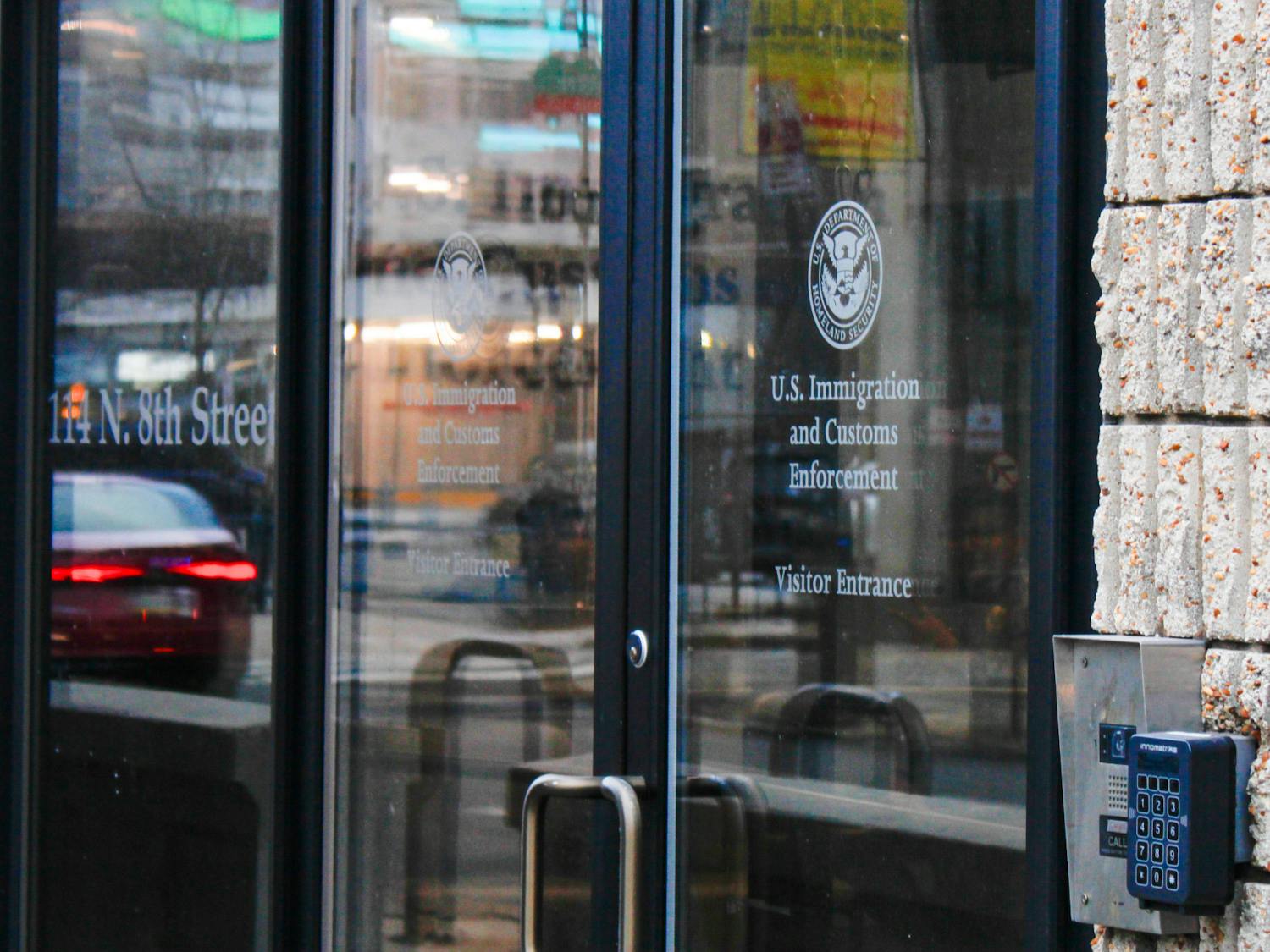Ah, Thanksgiving.
By now you have probably visited your family and gotten a quick reminder of what things might be like in the rest of the world, a little bonding with relatives to help you keep things in perspective.
But that's all over now, and we've returned to the Ivory Tower.
Here's a little mental exercise to get you back in the mood. Think about something simple and good, like a slice of pumpkin pie. Add a layer of complexity, like the farming methods used in growing pumpkins or the labor conditions under which the pie was made. Think about the laborers involved. Think about the sociologists who study them. Think about the historians who study those sociologists' methods. Think about the revisionist historians who critique these studies. Pick one from Boston, circa 1949, and write a paper on his eating disorder.
Welcome back! Now that we're all in an academic state of mind, let's talk about mathematics. Those of you who can solve differential equations might want to read Eliot Sherman's column instead.
You who can solve algebraic equations with little difficulty might consider perusing the enticing advertisements on the next page -- have you given thanks for the fact that it's almost Christmas?
You who do not cower in fear at the sight of numbers being combined with arcane rules might turn to the sports pages, and fantasize like true Penn fans about intercourse with Princeton and fellatio from Harvard.
Greetings, gentle target audience. For whatever reason, you dislike mathematics and have avoided it in your studies at Penn. Perhaps you had a bad experience with a teacher, or perhaps you just got lost in the formulas. I want to persuade you that it doesn't have to be that way.
Despite what you learn in many of our courses, mathematics is not actually about formulas. I'm not sure if there's any other field where there's such a disconnection between what gets taught in freshman-level classes and what the professionals do. We don't often use techniques from calculus in our research, for example; that's for the engineers and business majors.
Real mathematics, I think, is as much an art as a science -- it straddles the fence between philosophy and physics. We rarely get the opportunity to show students real beauty because of the requirements of the syllabus. And by the time we let students in on the secrets, many of them have already left us for good.
But you and I get one last chance. Since you have to take some kind of quantitative data analysis course before you leave, you really should consider the course I'm teaching next semester: Math 170.
Unlike most incarnations of Math 170, my version will have a specific theme: mathematics and politics. The point is not so much to teach you about political science (we have a whole department for that) but to show you how real mathematics fits in with something familiar. Here's an example:
The 2000 presidential election had a number of problems, but many Democrats blamed the results on Ralph Nader's Green Party campaign.
The solution for guilty Greens is often touted as instant-runoff voting, where citizens list candidates in order of preference rather than simply picking one. This enables Greens to list Democrats as their second choice. If the Greens come in third in the straight vote, they get eliminated from everyone's lists and the remaining preference lists are compared. The winner always gets at least 50 percent of the vote, and people can still vote their conscience.
The problem with instant-runoff voting is that if you have three candidates of roughly equal popularity, then voting your conscience may still result in your least-favorite candidate winning.
In fact, Kenneth Arrow proved that no matter how elaborate the voting system, there will always be a situation in which voting your conscience helps out your least-favorite candidate; the only way to avoid this is to select a dictator who votes his conscience.
This is mathematics! The reason is because it tells you something about voting systems we haven't even imagined yet. Mathematical abstraction enables one to study all possibilities simultaneously.
There are lots of political questions that one can study with mathematical techniques. For example, why did Lyndon Johnson and Richard Nixon keep escalating the Vietnam War even after it was apparent they couldn't win? Why do political campaigns spend the vast majority of their resources on a tiny percentage of voters? How did the study of seducing blond women in A Beautiful Mind relate to the Nobel Prize in economics?
OK, that's not so political. But most of the course will be, and if you're interested in understanding politics a little more deeply, you may find yourself enjoying Math 170. I look forward to seeing you there.
Stephen Preston is a lecturer in Mathematics.








